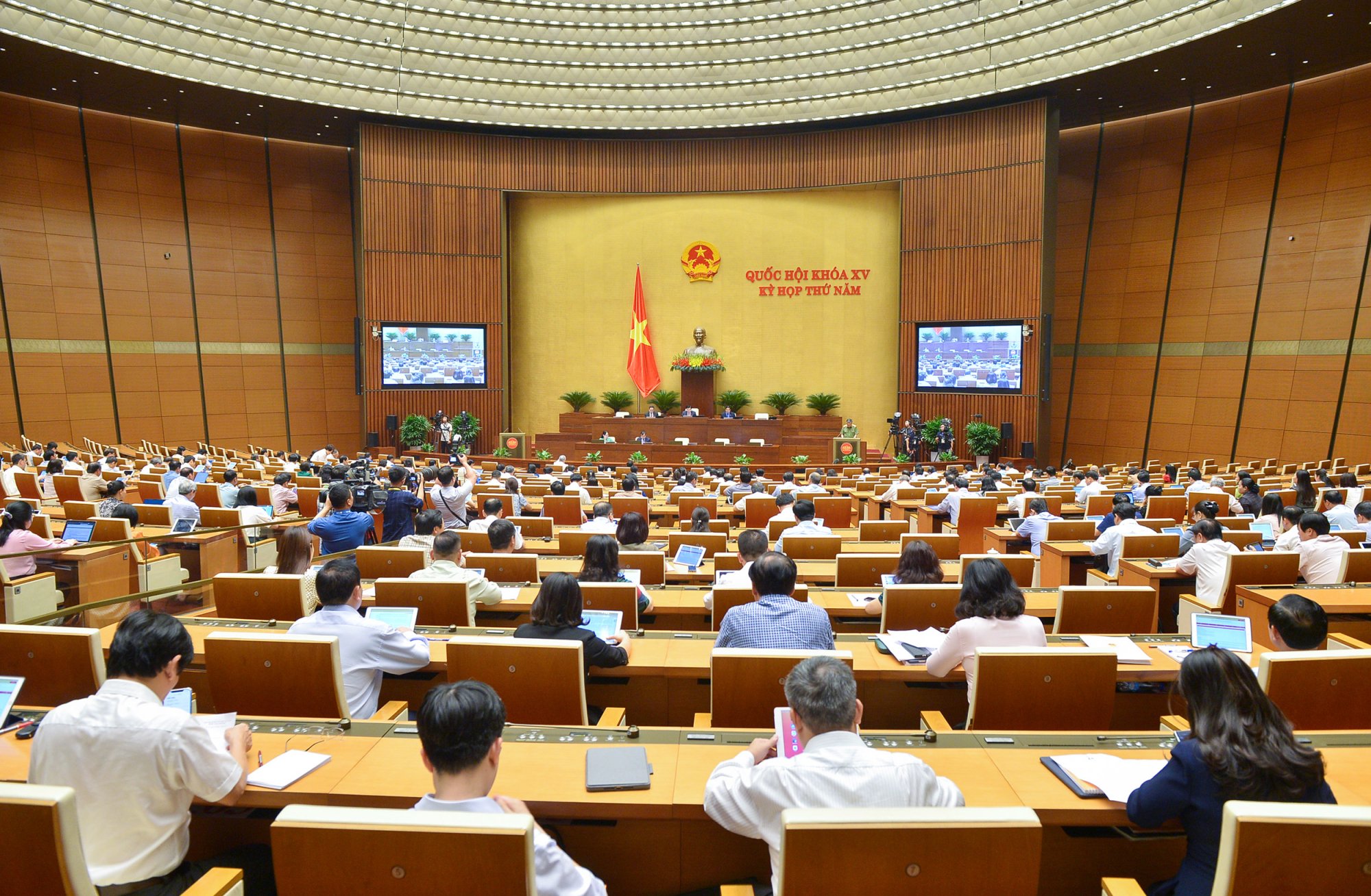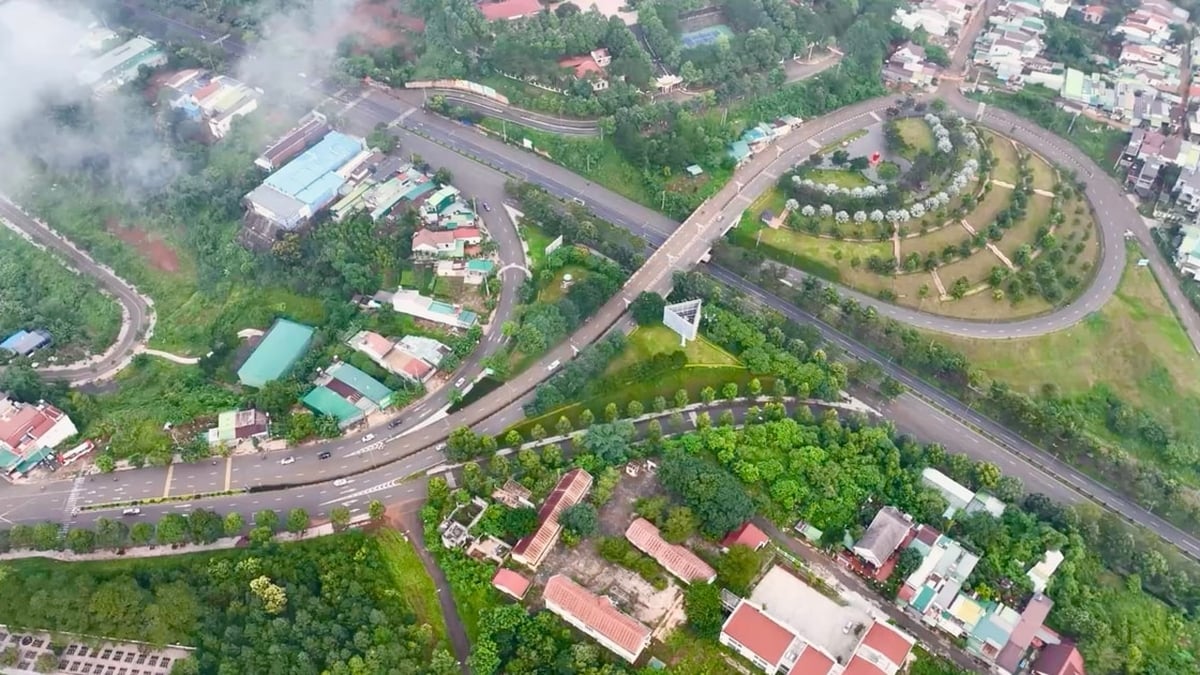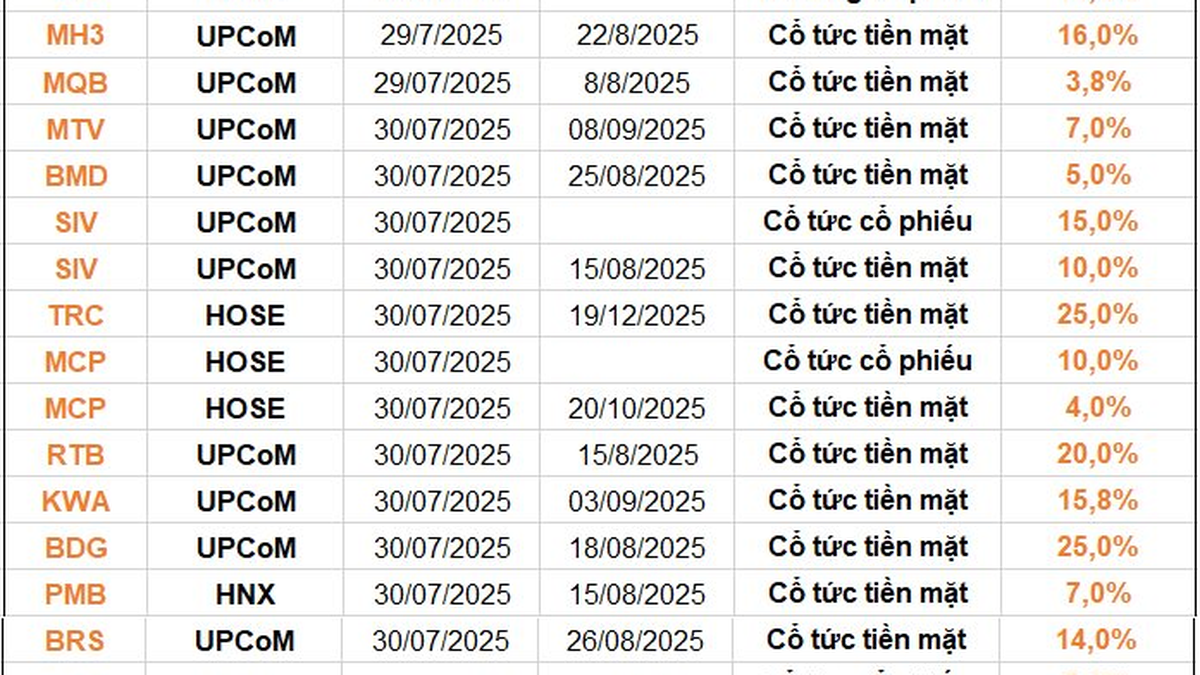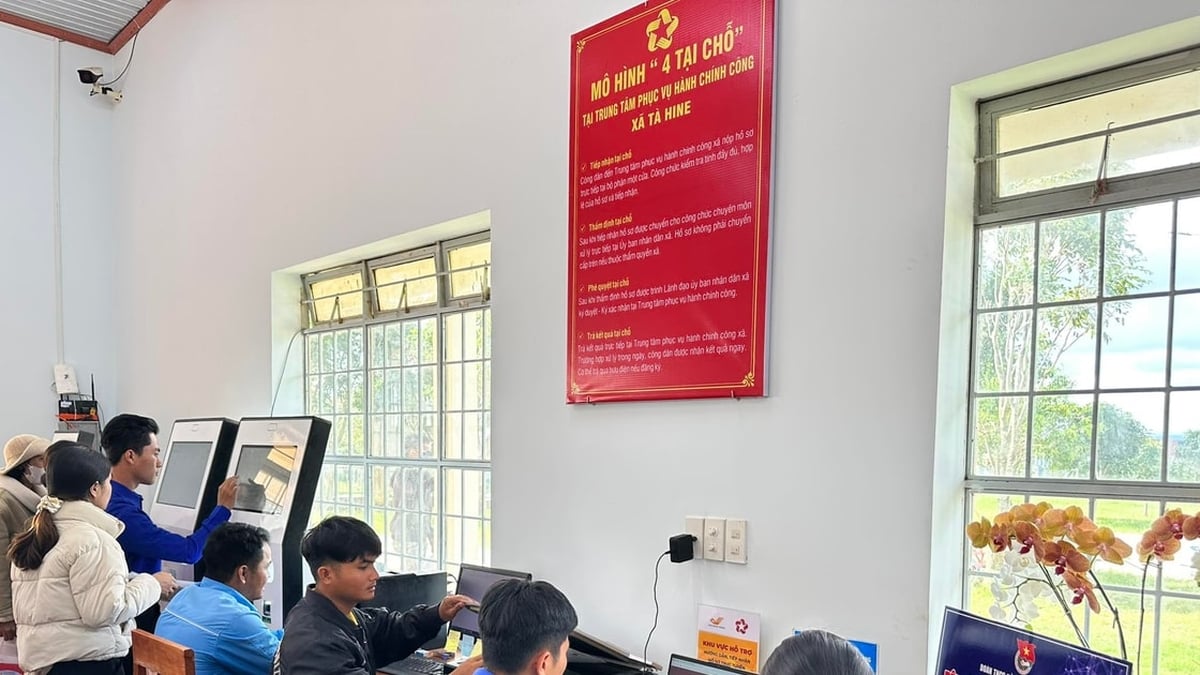Issuing ID cards to people under 14 years old
Continuing the 5th Session, on the afternoon of June 2, at Dien Hong Hall, the National Assembly listened to Minister of Public Security To Lam present the Report on the draft Law on Identification.
Minister of Public Security To Lam said: The 2014 Citizen Identification Law is an important legal document in population and identification management, facilitating people in traveling, performing administrative procedures, civil, economic , commercial transactions, etc. However, after more than 7 years of implementation, the Law has revealed a number of difficulties and problems that need to be resolved.
Therefore, it is necessary to develop a draft Law on Identification with the aim of serving the settlement of administrative procedures and providing online public services; developing the economy and society; building digital citizens; perfecting the ecosystem serving the connection, exploitation, supplementation and enrichment of population data; serving the direction and administration of leaders at all levels.

Minister of Public Security To Lam presented the Report on the draft Law on Identification.
Regarding the subjects of application, the draft Law expands the subjects of application compared to the 2014 Law on Citizen Identification. In addition to applying to Vietnamese citizens, relevant agencies, organizations and individuals, this Law also applies to people of Vietnamese origin living in Vietnam but whose nationality has not been determined. The draft Law has added an Article on identity certificates and management of people of Vietnamese origin; regulating the issuance of identity certificates to these people.
The draft Law stipulates the expansion and integration of other information of citizens and people of Vietnamese origin in the National Database and specialized databases into the National Population Database and the Identification Database to directly serve the application of the utility of ID cards and electronic identification cards, connection, sharing, citizen information, analysis, and establishment of digital population maps, such as supplementing other information shared from the National Database and specialized databases... In addition, the draft Law has revised and supplemented regulations on the relationship between the National Population Database and national databases and specialized databases to ensure the effective implementation of Project No. 06.
Regarding the content shown on the ID card, the draft Law amends and supplements in the direction of removing fingerprints; amending regulations on information on ID card number, the words "citizen identification card", hometown, permanent residence, signature of the card issuer to personal identification number, the words "ID card", place of birth registration, place of residence...

Overview of the meeting.
The above changes and improvements are to make it more convenient for people to use their ID cards, limit the need to issue new ID cards, and ensure people's privacy; basic ID information will be stored, exploited, and used through the electronic chip on the ID card. For issued ID cards, they are still valid and are not affected by this regulation.
Regarding the people who are granted ID cards, the draft Law supplements regulations on the management and issuance of ID cards for people under 14 years old and the issuance of ID certificates for people of Vietnamese origin to ensure their legitimate rights and interests and serve state management; promote the value and utility of ID cards in the activities of the digital government and digital society. However, the issuance of cards for people under 14 years old will be carried out according to demand, while it is mandatory for people aged 14 and over.
Re-issue ID card via National Public Service Portal
Regarding the integration of information into the ID card, the Minister of Public Security said that the draft Law supplements regulations on the integration of some stable and frequently used information of citizens in addition to information in the ID Database into the ID card; the ID card is valid for providing information about citizens and is equivalent to presenting documents issued by competent authorities with information printed or integrated into the ID card. Thereby, it helps reduce paperwork for citizens, facilitates people in performing civil transactions, implementing digital transformation, and reforming administrative procedures. Citizens carry out procedures for integrating information into the ID card through the issuance, exchange, and re-issuance of the ID card or the VNeID application when they already have an electronic ID.
Regarding the case of issuing, exchanging and re-issuing ID cards; the order and procedures for issuing, exchanging and re-issuing ID cards, the draft Law basically inherits the provisions of the 2014 Law on Citizen Identification and supplements the direction that re-issuing ID cards is done online on the national public service portal (people do not have to go to the ID management agency to carry out the procedure); the ID management agency uses the information of the most recently issued ID card to re-issue ID cards to people.

Delegates attending the meeting.
Regarding the time limit for issuing, exchanging, and re-issuing ID cards, the draft Law has been amended in the direction that from the date of receiving complete documents, the ID management agency must issue, exchange, and re-issue ID cards to people within 7 working days (this is a general regulation, applied nationwide, regardless of the place of residence of people as in the 2014 Law on Citizen Identification).
Regarding electronic identification, according to the Minister of Public Security, this is a supplementary content compared to the provisions of the 2014 Law on Citizen Identification. The draft Law stipulates that each citizen has only 1 electronic identification, which is an electronic identification account created by the electronic identification and authentication system; the implementation of administrative procedures and public administrative services in the electronic environment must use electronic identification. Electronic identification is used to perform other transactions and activities according to the needs of the people.
Electronic identification has the same value as using an identification card in performing transactions requiring the presentation of an identification card; has the value of providing information in documents and papers that have been integrated into the electronic identification account for competent agencies and organizations to compare when performing transactions requiring the presentation of such documents.
In addition, regarding the responsibility for managing identification, the National Population Database and the Identification Database, the draft Law inherits the provisions of the 2014 Law on Citizen Identification and revises and supplements the responsibilities of the Government, ministries, ministerial-level agencies, Government agencies, People's Committees of provinces and centrally run cities to conform to the amended contents of the draft Law to strengthen state management.
Source


































































































Comment (0)